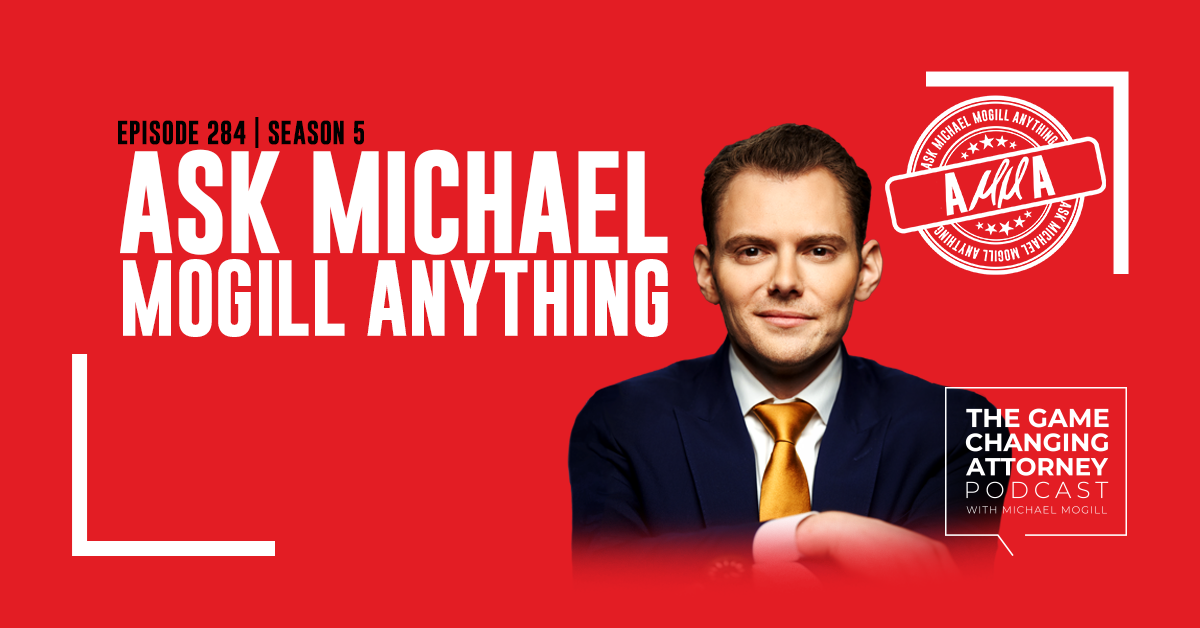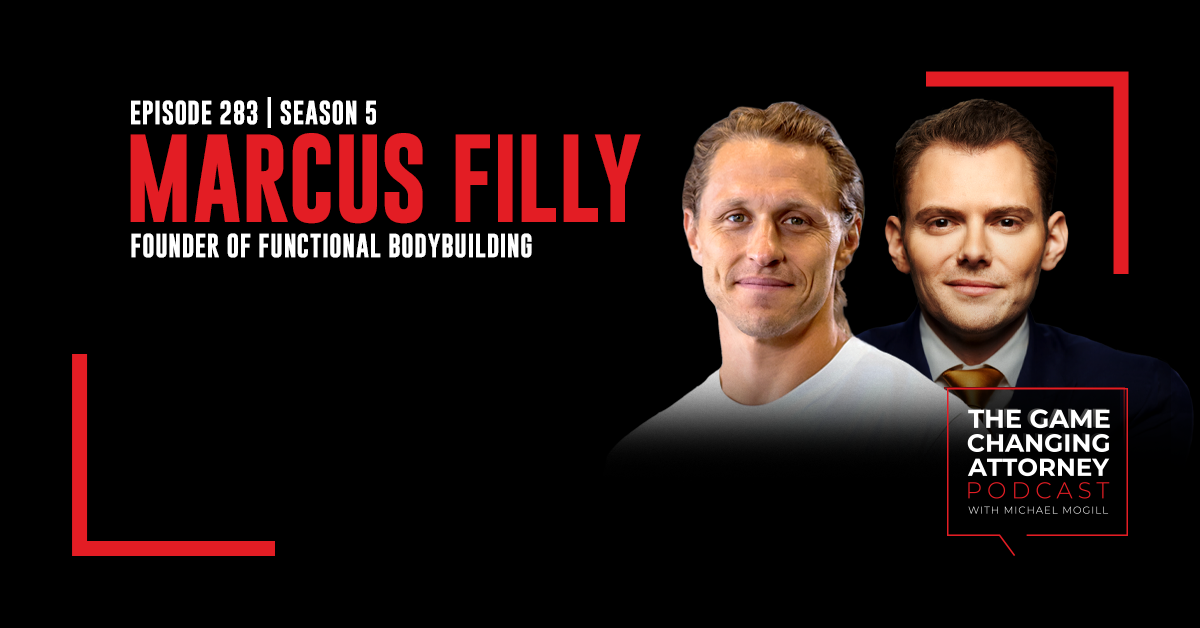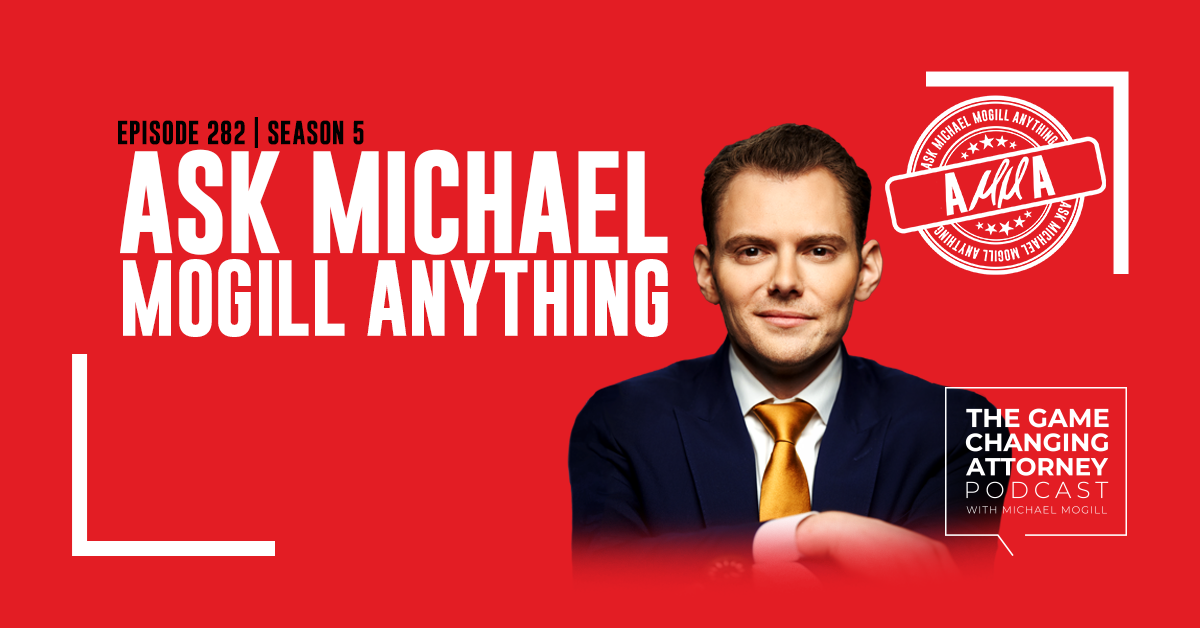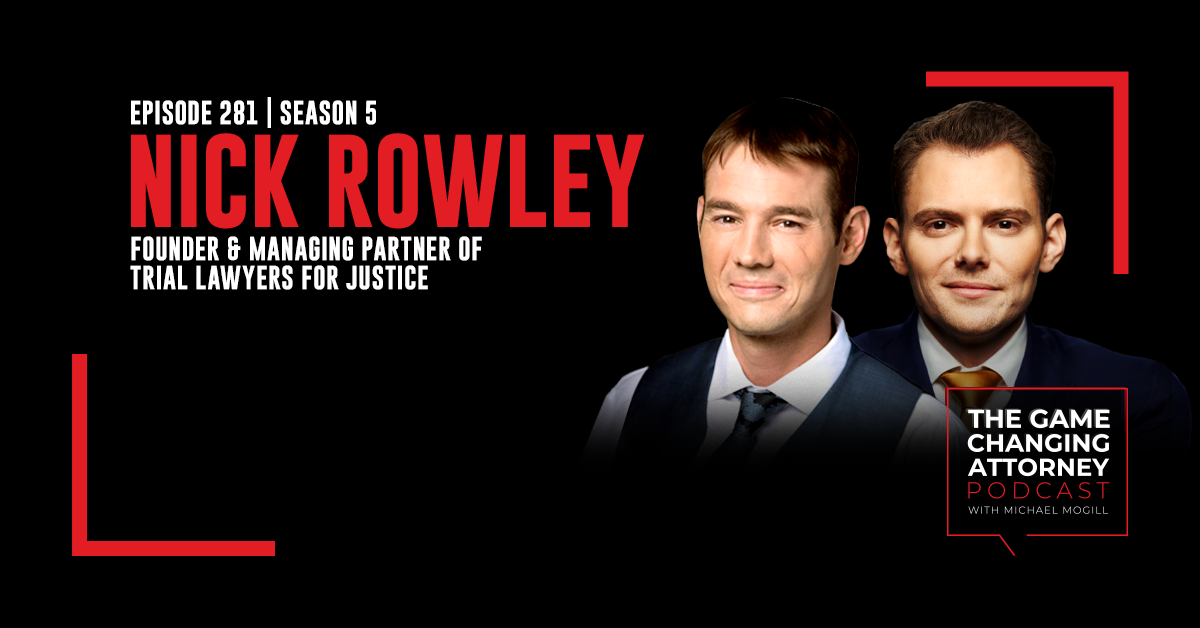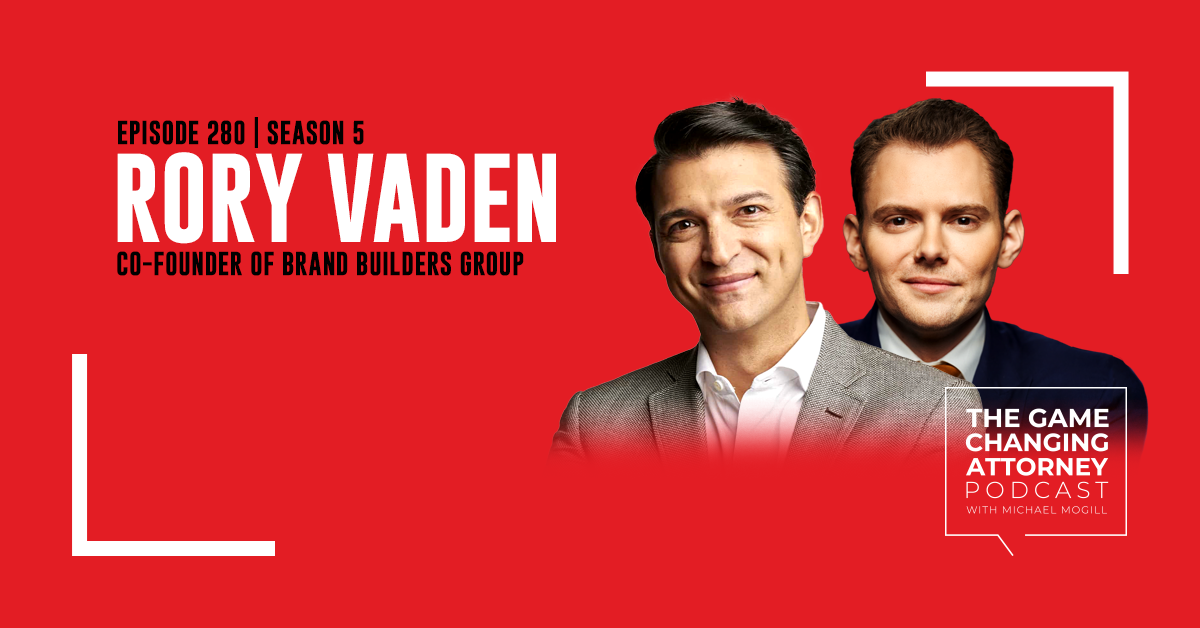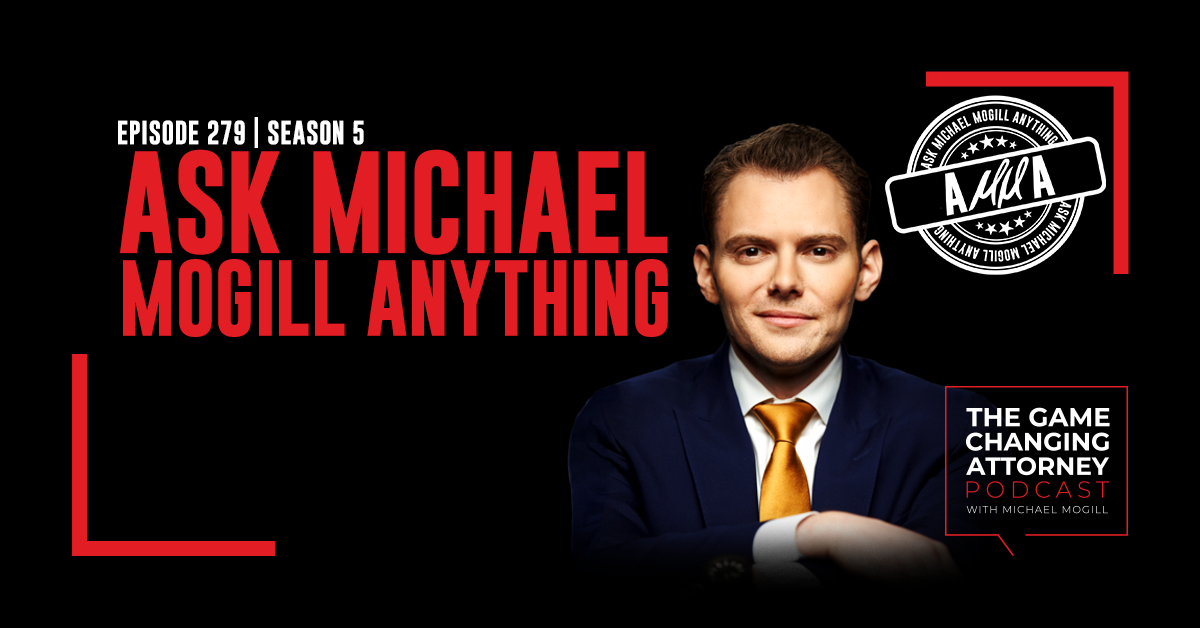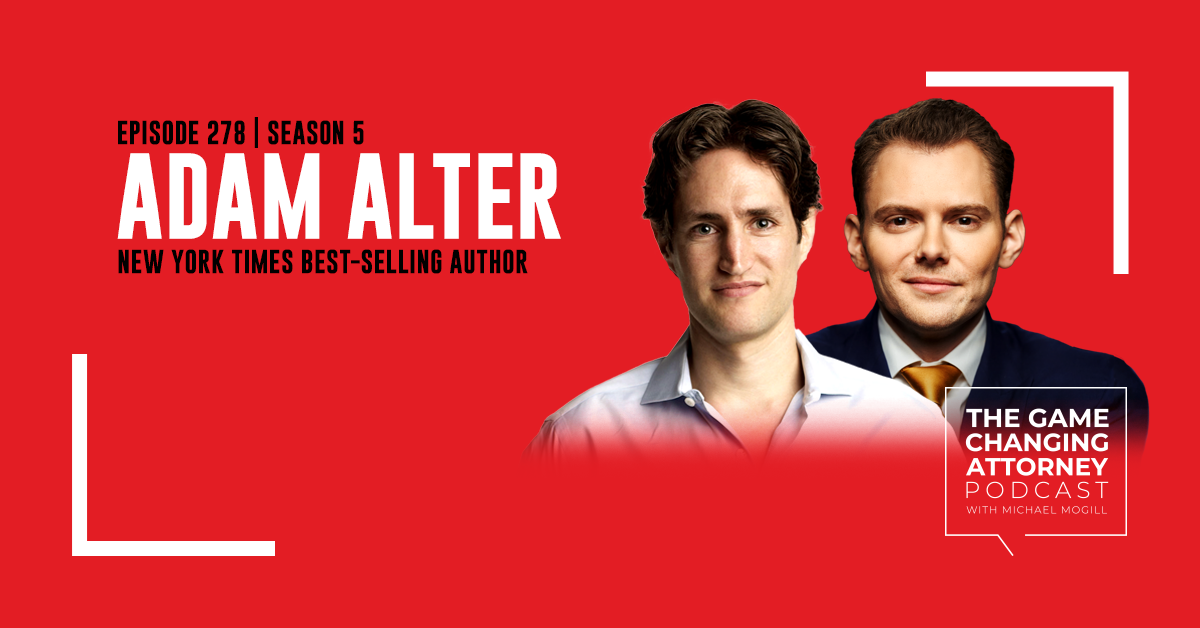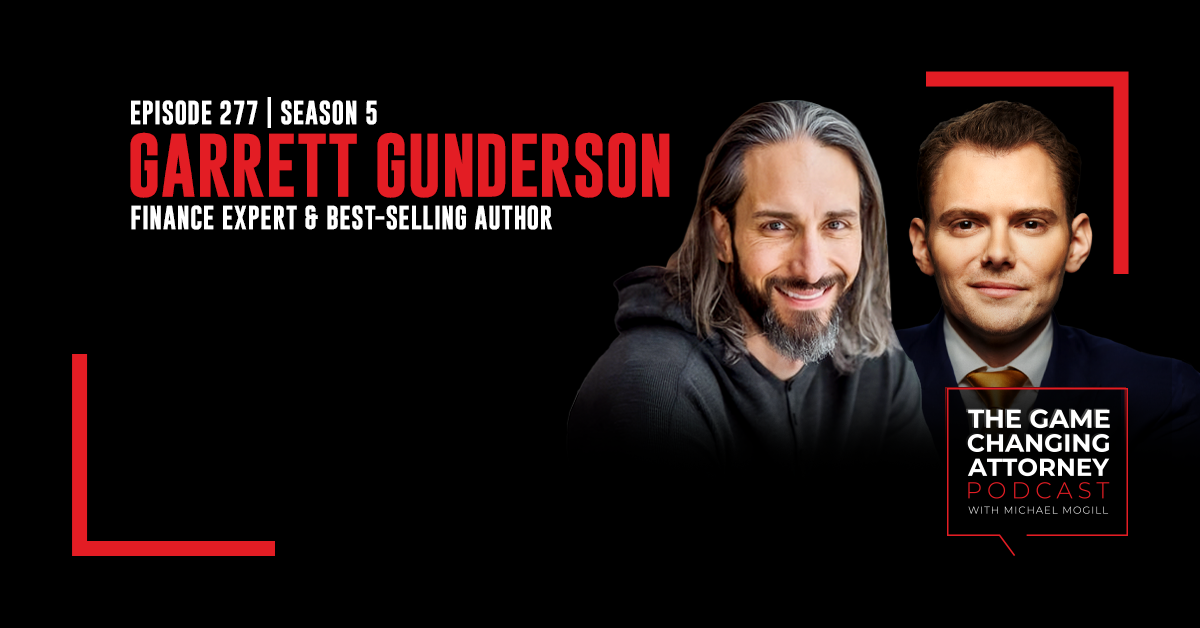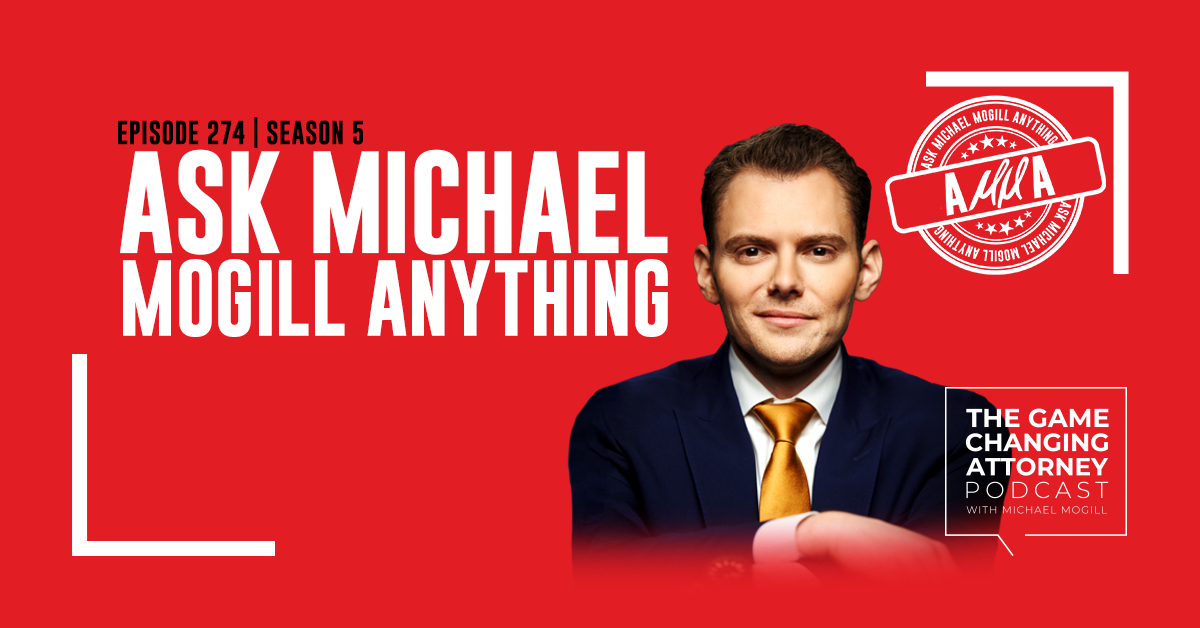EPISODE 61 — David Meyer — The Investor Protector
David Meyer is a nationally-esteemed attorney and founding principal of the firm Meyer Wilson. He specializes in representing victims of investment fraud, people who have lost their life savings by entrusting them to unethical and speculative financial advisors. Over two decades, David has recovered millions of dollars from fraudulent investors for his clients — and now he’s written the book on how to prevent needing to hire an attorney like him.
In this episode, David reveals the most common ways that bad brokers manipulate their clients, how he hopes to change the industry for the better, and the importance of trust in a business relationship.
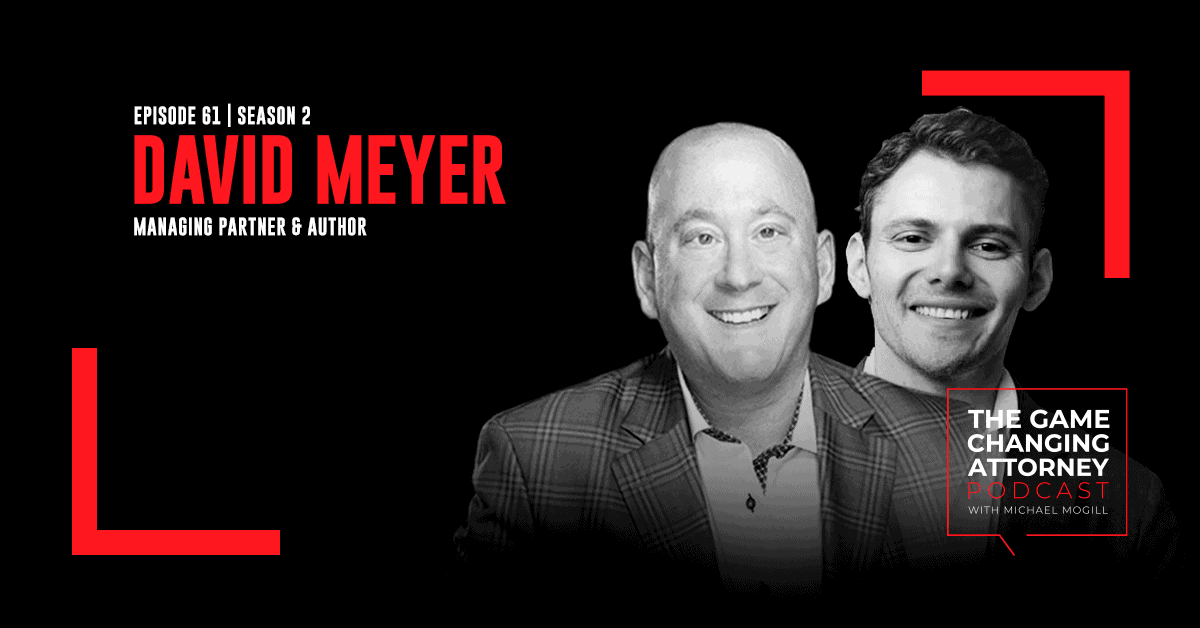
Listen & Subscribe
Show Notes:
8:06 – There are often mental barriers to accountability. “We trust all kinds of experts to help us navigate the complexities of our life, like a doctor who recommends we take a certain medicine or get a certain surgery. Whoever they may be, we follow the advice of professionals in our daily lives. Most people are hesitant to try managing their own money because they don’t have the experience, the education, or really the interest to try managing the minefield of investments. So we hire folks to do that and place a tremendous amount of trust in them — and there’s an unequal power dynamic because we’re relying on the broker’s expertise, which we don’t fully understand. That dichotomy unfortunately sets the stage for those deceitful brokers because they have an opportunity to take advantage of that trust. If somebody is injured in a car accident, they don’t have any problem seeking out a lawyer and filing a lawsuit. But for some reason when that happens in the financial situation, people are hesitant to acknowledge that they’ve been wronged, so they internalize it. Too many cases of investment fraud are left unpursued because people believe that it was their fault for trusting somebody. There’s a psychological hesitancy for them to actually reach out to a family member or a trusted advisor or a lawyer to admit that they may have suffered harm as the result of the misconduct of a professional.”
11:00 – Why retirees are the most common targets of fraud. “Most of my clients are senior citizens. The financial exploitation of the elderly is the number one problem in this area because they’re easy targets. They may be living alone or suffering cognitive decline and believing that they’re more independent than they really are. So they’re not sharing their financial information, which just makes them a prime target. It’s the same reason why people rob banks: because that’s where the money is.”
14:18 – David’s goal is to get fewer clients (yes, really). “I wrote the book so fewer people would ever need to hire an investment fraud attorney. I would love my job to be obsolete. And I feel strongly that if you read this book, the chances that you or a loved one will become a victim of investment fraud will decline significantly.”
16:02 – Conduct a broker background check. “The number one thing that anyone who is working with an advisor or is considering working with an advisor should do today is look up their broker on BrokerCheck.org, which is run by FINRA. You can look up your broker or brokerage firm by name, and it’ll pull up their regulatory record. You can find out if your broker has any prior complaints, if they’ve had any financial situations, or if they’ve ever been fired. This is the only industry that I’m aware of where you can do that.”
19:01 – Crooked brokers have a few common tricks. “Most brokers do a nice job, but there are over a million advisors in this country, so even a small percent can cause devastating harm. Some of the worst things we’ve seen are fake statements. Investors start receiving fake statements from the broker who is hiding the actual ones. It’s unbelievable how real these fake statements can look now. We’ve had many clients who receive statements that look like they’re coming from the brokerage account, which deceive them about the state of their account. Another common issue is the sale of incredibly complex products called alternative investments. 99% of us will do just fine with stocks and bonds and mutual funds and diversified ETFs, but those don’t pay the high commissions that some of these complex alternative investments do. The bottom line is that most of us should just diversify with a well-balanced portfolio of equities and bonds and ETFs and not get involved in these crazy outside investments.”
23:42 – Seek outside help immediately if there’s an issue. “The one thing you shouldn’t do is call the broker or the supervisor because now there’s a dispute, whether the customer knows it or not. The brokerage firm is going to start an ‘investigation’ and then send a letter explaining why they believe that the customer doesn’t have a case and that they’ve investigated it fully and determined that the broker didn’t do anything wrong. In those cases, the vast majority of people never take the next step. They believe the broker or the brokerage firm without taking it to a family member, trusted advisor, or lawyer to make sure that there isn’t a problem.”
26:23 – Winning his clients’ money back keeps him positive. “Most of our clients have lost a substantial amount of their life savings. It’s devastating. But it’s incredibly rewarding that we have the opportunity to fight to recover that money. It’s inspiring that there’s an avenue for recovery in those valid cases where there’s inappropriate conduct on behalf of the advisor. That’s why all our lawyers and staff come to work every day, because we can fix problems and restore our clients’ financial stability.”
30:40 – There’s no replacing that human touch. “I know everyone’s familiar with the Robinhood debacle. There’s a lot of interest at the SEC level about starting to regulate this gamification of investments. Over the pandemic, there wasn’t a lot of sports gambling, so a lot of younger people started going to the Robinhoods of the world and day trading like it’s gambling — and that’s a huge problem. The one thing I warn against is trying to go alone. There are a lot of online options for folks to invest with low fees. If you’re interested in doing that and you’re able to spend the time doing that in a safe and conservative manner, then that’s one way to go. In my opinion, I think it’s worth the money to hire a trusted financial advisor. I’m in the business of suing financial advisors, and I myself have a financial advisor! Most folks just don’t have the expertise or want to take the time to manage their own money, and that’s why many of us entrust our life savings with financial advisors.”
32:44 – The honest brokers want to clean up the field. “Many of my cases are referred by honest financial advisors. They’re talking to people and they see the devastation caused by the bad advisors. They want to help clean up the industry. The majority of financial advisers, who are honest and comply with their duties and obligations, want to see the bad brokers cleaned up. And that’s what lawyers like me do. I’m here to clean up the bad brokers, which aligns with the interest of the good financial advisors.”
36:49 – Being a game changer is preventing problems before they arise. “It’s expanding your impact to reach more people as you grow in your practice and gain experience in your field. As lawyers, we fix problems when something bad happens. But by expanding our impact, we can prevent problems too. We can make something like investing safer by improving the laws and working beyond the four corners of the office. We can go above and beyond just fixing problems to actually prevent them in the first place.”
EPISODE RESOURCES & REFERENCES
The Investor Protector by David Meyer
2000 Dot-Com Bubble
Continuing Legal Education (CLE)
BrokerCheck.org
Financial Industry Regulation Authority (FINRA)
Ponzi scheme
Stocks
Bonds
Mutual funds
Exchange Traded Funds (ETFs)
Securities and Exchange Commission (SEC)
Expungement
Robinhood
Connect with Michael
- Text directly at 404-531-7691
